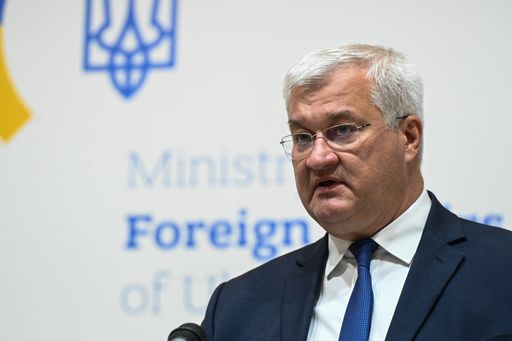The European Union is considering plans to accelerate its phase-out of Russian fossil fuels as part of a new package of sanctions against Moscow, European Commission President Ursula von der Leyen has announced, following calls from the US for Europe to halt its purchases of Russian oil.
Von der Leyen, speaking in her annual State of the Union address to the European Parliament on Wednesday, said the EU is “looking at phasing out Russian fossil fuels faster, the shadow fleet and third countries” as part of its 19th sanctions package.
Her remarks came as EU officials met with counterparts in Washington to discuss deeper coordination on sanctions, with US President Donald Trump pressing European leaders to halt oil purchases from Moscow and to impose steep tariffs on China and India to ramp up pressure on the Kremlin.

Existing sanctions and new proposals
The EU has already banned seaborne crude oil imports from Russia—covering more than 90 percent of its former Russian oil trade—and imposed a G7-backed price cap on global sales. It has also sanctioned over 400 tankers used by Russia’s so-called “shadow fleet” of ageing, unregulated vessels.
The bloc is now negotiating legislation that would completely phase out Russian oil and gas imports by January 1, 2028, beginning with a ban on new contracts as early as next year. Officials say the latest sanctions package could accelerate those deadlines.
However, divisions within the EU remain. Hungary and Slovakia, which rely heavily on Russian energy, have resisted measures targeting gas imports, arguing they would drive up energy prices. Both countries currently import between 200,000 and 250,000 barrels of Russian oil per day, equal to about 3 percent of EU demand.
Despite steep reductions, Europe still buys roughly 13 percent of its natural gas from Russia, down from around 45 percent before Moscow’s offensive against Ukraine in 2022.

Questions over effectiveness
Analysts caution that unilateral EU action may have a limited impact unless major buyers outside the West follow suit.
“We have long maintained the view that Western powers need to have China and India on board with their sanctions for them to be truly effective,” said Ajay Parmar, an analyst at ICIS.
“We also think it unlikely that the EU will realistically be willing to apply sanctions on India or China, nor the UAE, which has facilitated the flow of Russian oil since the war began,” said Parmar.
The Kremlin dismissed the latest discussions, with officials in Moscow saying no sanctions would force Russia to alter its course in Ukraine.



















